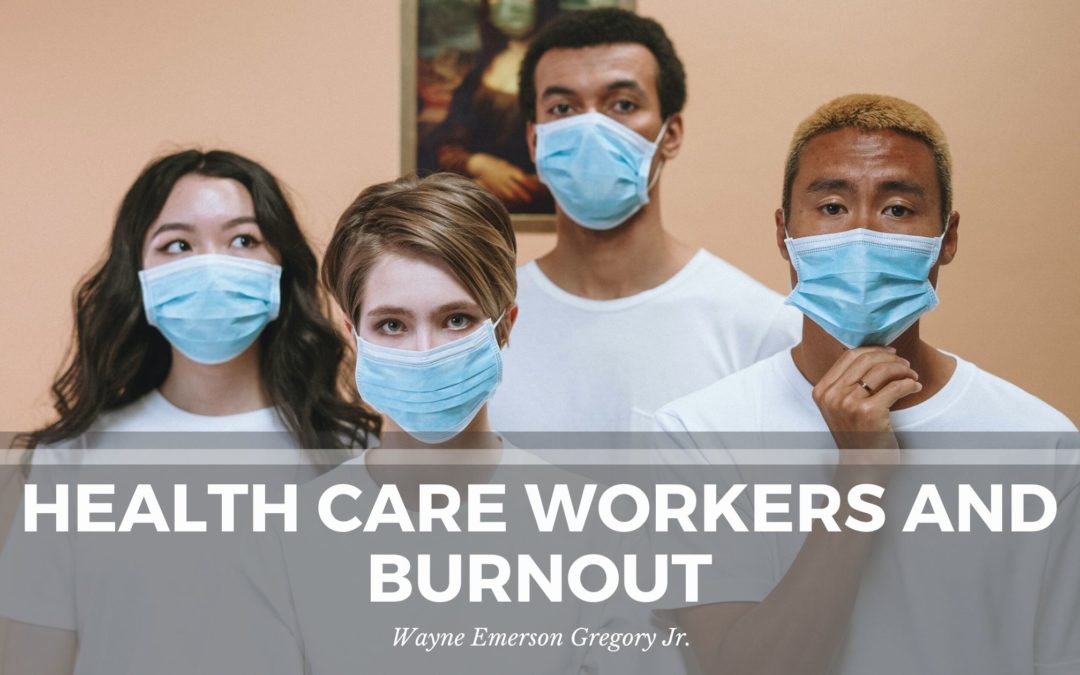Unfortunately, the state of the world in the last year has not been conducive to mental health. Especially not for overworked and underappreciated healthcare workers. These workers have been on the frontline this whole time, with no reprieve available.
Burnout
One might be wondering what exactly is burnout and just how damaging the effects can be. Burnout is a condition caused by work-related stress, often resulting from chronic exposure to stress. It can also stem from work-related exhaustion and depression.
Burnout can (and does) happen in any industry. Often those affected by burnout put less effort into their work, feeling emotionally drained, unwilling to commit as much as usual, etc. This, in turn, reduces efficiency and productivity, and in the healthcare field, that means patient care goes down despite best intentions and efforts.
Stats
According to reports, healthcare workers, in particular, are especially prone to burnout. Studies have found that as many as one in three physicians are dealing with burnout at any given time.
In the healthcare industry, burnout can negatively impact patient care and professional careers. Not to mention all of the personal side effects that come with burnout. All of these problems should be concerning – as the stats are showing a rise.
Rising Cases of Burnout
Even in the best of times, the burnout rate was alarmingly high in healthcare (see above). Unfortunately, we are not in the best of times right now. COVID-19 has put the industry through the wringer, and the numbers are showing.
According to a survey conducted by AMA, 49% of physicians and related workers reported feeling overloaded and burned out. Furthermore, 61% of employees have fears about bringing the illness home to their families, and 38% deal with anxiety and/or depression. This is a dangerous mixture for employees and results in healthcare workers fleeing the field they dedicated their lives to.
Going Forward
Naturally, all of these numbers are raising significant concerns about the mental state of healthcare workers. While there are normally avenues available to healthcare workers dealing with burnout, those options are just as stressed as the employees.
Mental health options must be made more readily available for healthcare workers, at the bare minimum. It will take a long time for everyone to recover from the past year, but these employees will never get there without the right help.
